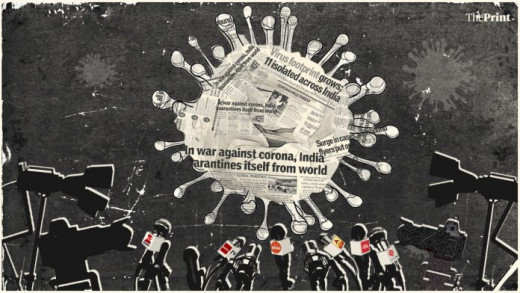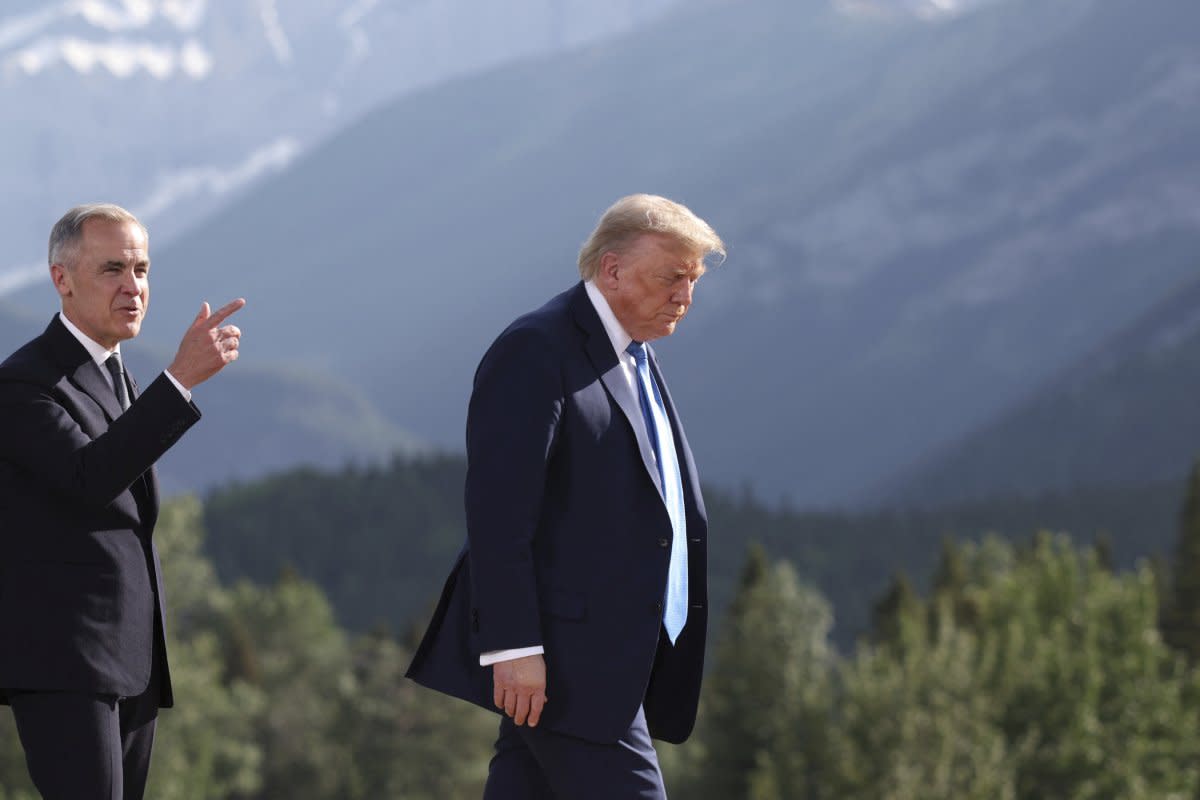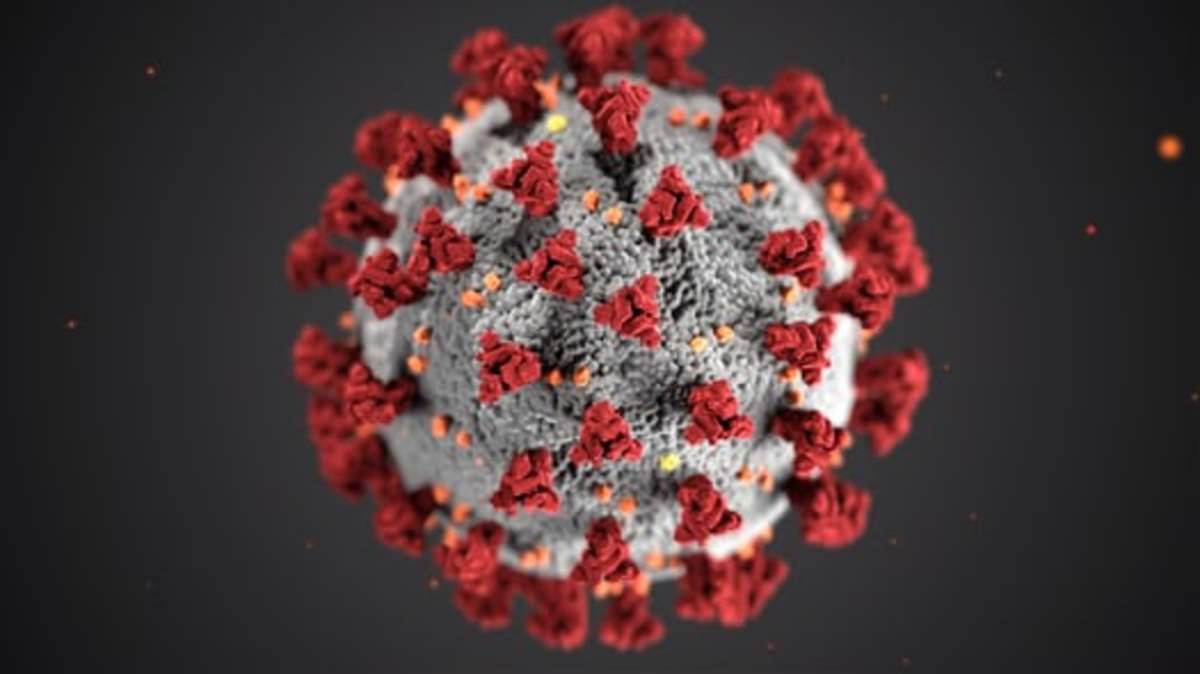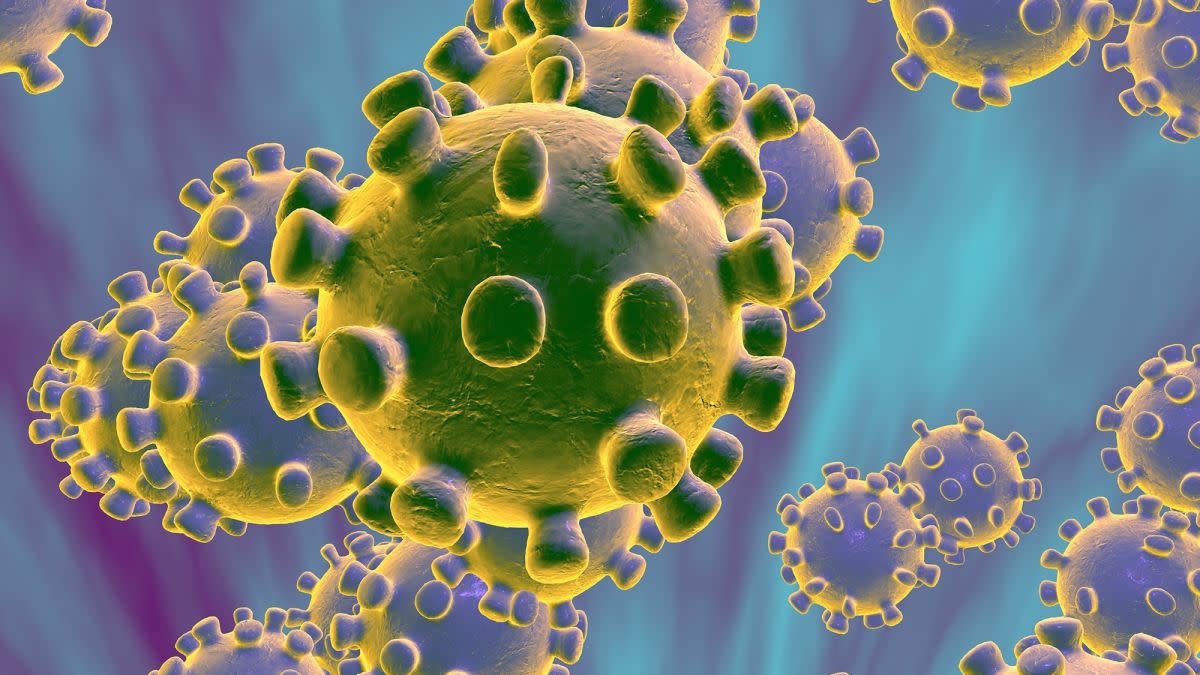International Relations in the Post-Corona World

Thomas Hobbes and Other Researcher Studies, Corona's & International Relations
In front of the sweeping conspiracy whispering in the political mind, searching for and exploring for a clear explanation of the analysis of what is happening in our endemic world, with the emergence of the emerging “Corona” virus, which represents a detailed historical event that shook the corners of the seven continents of the world, although to varying degrees, the least that can be said was that it threatened to undermine. The houses of power, and generalized the "Hobbese" situation through the amounts of chaos in the world of international relations. Rather, it invested as a commodity in the political exchanges, which means that it will have important geopolitical implications.
It is not very important to research whether the COVID-19 virus is natural or manufactured by certain countries, companies, or certain parties. Likewise, it is not important to focus on whether it was manufactured in Wuhan's secret Chinese laboratories, or whether it represents a biological weapon by the CIA to strike China, as some are promoting, and whether this virus has already entered the dictionary of future wars. While medical research has not yet reached results in this regard, what may have been presented is only a conspiracy theory, often forming the main nerve in the context of Arab political thinking. In the words of novelist George Orwell: "In a time of global deception, telling the truth becomes a revolutionary act."
Yes, all possibilities are possible, and the thinker Thomas Hobbes did not make a mistake when he talked about human lupus, and his arrival in strange stages of brutality, which is reflected in the behavior of states. As the realist theorist of international relations Kenneth Waltz says, the actions of states, or of men who represent states, form the core of international relations.
Regardless of the research in this sterile debate, the letters framed by this virus in various countries of the world have increased dramatically and unfortunately, especially in light of the employment of this dangerous disease in the shares of political exchanges, which is a source of great concern from the increasing sources of hatred. But the transformation, up to this point in the world today, with the spread of this virus and the increase in its victims, is that it transformed the disease into an ideology in the world of international relations, while it remains important to see the political recruitment process in the way of dealing, or the global treatment of this great challenge.
In this ugly era, humanity has disappeared, but has melted in the context of internationalist behavior, and if it had been appreciated by the great scientist Eric Hobsbawm - who described the era in which he lived as an "exciting era" - then he may have retreated today, due to the moral imbalance with these multiple wars. The renewed patterns that make up the ugly “tsunami” to confront everything that is human in this universe. Rather, the talk about ethics in the global system may become, today, mere naivety and lack of understanding of the nature of international relations. However, this fact remains to be recognized, when the conscience disappears in the political realm.
We are trying to draw a scene of the future effect of this virus on the world, especially in the context contained in the literature on international relations, within the dialect of "post / pre"
He refers to this concept, theorist of new realism, Stephen Walt, speaking of the resort of people and peoples, in times of crisis to states, and not to international or international organizations, and this is tantamount to the victory of realism. This does not mean that broader global efforts are not necessary. Rather, it affirms that despite globalization, countries remain the central political actors in today's world.
Impacts of Virus on the World in Future
Here, we are trying to draw a scene of the future effect of this virus on the world, especially in the context largely contained in the literature on international relations, within the dialectic of "post / before", as it came in the context of the post-Cold War world and before, or the world after events September 11 and before, or the post-ISIS world and before. These are events that have caused major geopolitical changes in international relations and country policies. Whereas, these new changes imposed on the world order dictate a reading of these new patterns, but it is important to say that the fall of the Berlin Wall, or the World Trade Tower in New York, or ISIS control of Syria and Iraq, events are not similar to what is happening today.

- The political employment of the virus was started by right-wing currents in the West, especially those with populist rhetoric, where extremist right-wing politicians around the world see "Corona" as punishment on the open borders, and the process of receiving refugees and migrants. They have been indicting foreign residents or upcoming Asians. Hence, this virus will contribute to the rise of these currents significantly, in addition to that it will contribute to creating an appropriate and incubating environment for the birth of greater populist and right-wing currents.
- Religious discourse now lives in the world in its various forms, the rapid return, especially that fanatics and religious people view the Corona virus as a punishment for sins. If this varies between different religious tendencies, but the human desire for good and evil duality is expressed in different descriptions.
- The context of "Hobbes" is spreading terribly, that is, we are talking about the situation characterized by the absence of law, while there is no place for justice and injustice. The virus has revealed the extent of hatred rates in the world, and it suffices to live in Europe in order to touch this, with the re-emergence of what is known as the "yellow warning", a characterization dating back to the nineteenth century, and indicates discrimination against the presence of Asian faces in society. Although some justify this with the phobia of death and the war for survival, it is a behavior that coincides with the perpetration of racist behaviors, which are today known as "coronavia".
- Corona virus revealed that the world of developed countries was not at least advanced in the context of the medical response to the epidemic. Countries with a neoliberal economy and a free market are falling apart at a frightening speed. Thus, the real weapons of confrontation differ from the traditional country context.
- Based on what I mentioned in my recently released book, entitled “The second generation of diplomacy defends identities in foreign policy”, it can be noted that the world is living in an era of closure and a retreat from the contexts and principles of globalization, while closing borders and restricting freedom of travel, while revealing the rise Identity streams prominently. We can take an example of this, the case of Europe today in light of some countries adopting a health policy of their own and individually, to fight the Corona virus, without taking joint policies under the umbrella of the European Union. Some may see globalization as fragile, of course, while the virus has come to eliminate the rest of it, while it is on the way to intensive care.
- In all of this, limiting the components and elements of globalization, such as trade, travel, global financial integration, the digital revolution, and the apparent superiority of liberal capitalist democracy, contributed to a retreat that had preceded the emergence of the virus.
- In addition to the economic impact of the Corona virus on the movement of goods, goods and international tourism, it also affected commodity markets, such as oil. This economic turmoil may cause fears of a new global recession in the coming days, as mentioned in some reports, in light of the losses that reached $ 2.7 trillion. Some professionals describe this reality as the end of decades of free market economic policies, unrestricted globalization, and the spread of inequality.
- A world without a leader, or where everyone became a leader. In the post-virus world, this trend will increase, as Kenneth Waltz expressed what he called "local determinism", which includes specialization, while international determinism means "take care of yourself."
I remember what Amin Maalouf, who I met recently in Madrid, wrote in his new book, "The Sinking of Civilizations": "At this sensitive stage in the history of mankind, the need arises for a captain to take charge of the fate of the entire ship, not just his fate." Indeed, today’s world is absent in it who takes the lead and leads the world, and everyone closes its door.
Sources
This content is accurate and true to the best of the author’s knowledge and is not meant to substitute for formal and individualized advice from a qualified professional.
© 2020 Hafiz Muhammad Adnan









